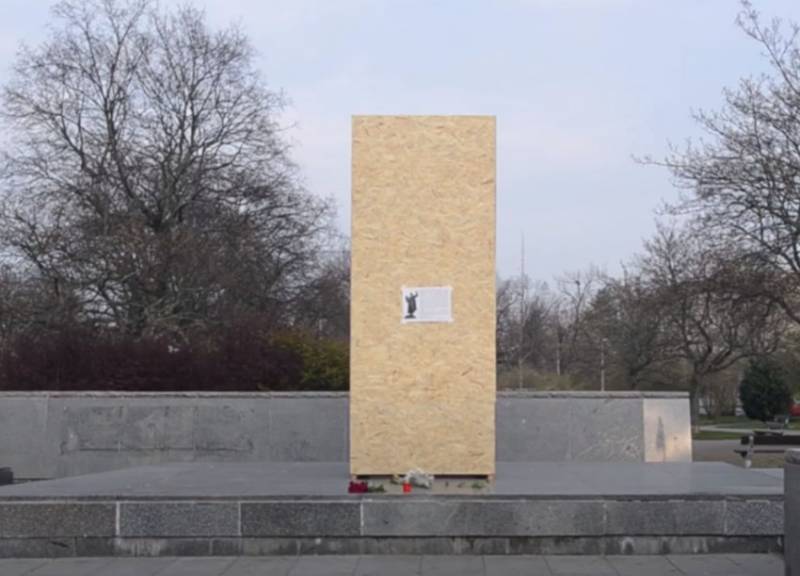“Why is it so important for Russians that a monument to Marshal Konev be in Prague” - they understand the Czech press
The Czech publication Respekt published an interview with Onjay Kundra with the representative of the Moscow office of the Carnegie Center Andrei Kolesnikov. The interview was dedicated to Russia. One of the questions that was raised in the conversation with the interviewee was: “Why is it so important for the Russians to have a monument to Marshal Konev in Prague?”
Speaking on this subject, Mr. Kolesnikov states that today the President of Russia uses questions stories and constantly refers to them, "so as to lead the country."
From an article in a Czech newspaper:
According to the representative of the Carnegie Center, the Russian authorities constantly say that someone is threatening the country. From the interview:
Kolesnikov claims that it’s not so much for all Russians as “for Putin, the presence of Soviet monuments in Eastern Europe, including the monument to Marshal Konev in Prague, still symbolizes Russian territory on European territory.” And if, as the interviewee states, someone dismantles the monuments to Soviet military leaders, this challenges his (Putin's) image and weakens the “contrived ideology”.
The material asks why "Putin hasn’t shown himself in this way before." The question of why the monuments to soldiers-liberators had not been demolished in Eastern Europe, the Czech journalist did not raise.
Kolesnikov for Respekt:
It is important to add that Mr. Kolesnikov was previously the chief editor of Novaya Gazeta. In 1999, he received a prize from the Gaidar Institute "for upholding economic freedom in Russia." Today A. Kolesnikov is a member of the board of the Yegor Gaidar Foundation.

Information